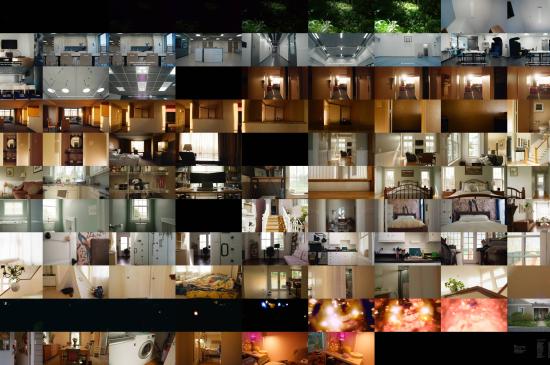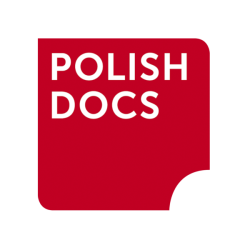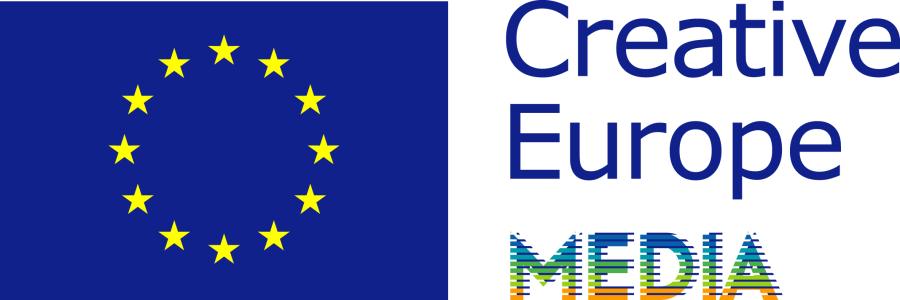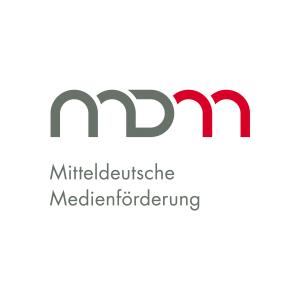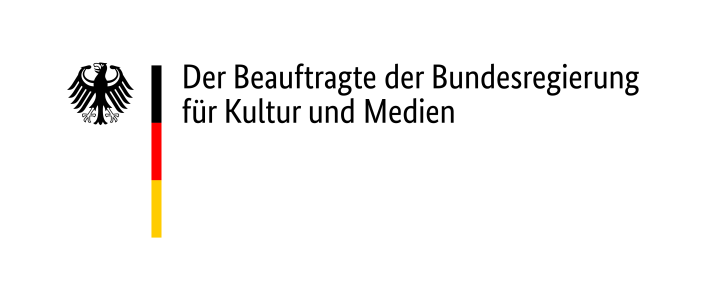Festival du nouveau cinéma de Montréal, Canada (2024)
Anim'est International Animation Film Festival, Romania (2024)
International Young Audience Film Festival Ale Kino!, Poland (2024)
PÖFF Shorts – (Black Nights Film Festival), Estonia (2024)
Animateka, Slovenia (2024)
Alcine – Alcalá de Henares, Spain (2024)
Bit Bang, Argentina (2024)
Cinema Miúdo – Ames International Children's Film Festival, Spain (2024)
Anilogue, Hungary (2024)
Be Green Film Festival, Italy (2024)
Festival dei Popoli, Italy (2024)
IndieJunior International Children’s and Youth Film Festival, Portugal (2025)
Luxembourg City Film Festival, Luxemburg (2025)
Paris International Animation Film Festival, France (2025)
Anima – Brussels Animation Film Festival, Belgium (2025)
New York International Children’s Film Festival, USA (2025)
Clermont-Ferrand International Short Film Festival, France (2025)
Kaboom Animation Festival, The Netherlands (2025)
Cinemagic International Film Festival for Young People / On the Pulse, North Ireland (2025)
Annecy International Animation Film Festival, France (2025)
Zlín International Film Festival for Children and Youth, Czech Republic (2025)
Meknes International Animation Film Festival, Morocco (2025)
Big Eyes, Big Minds – Singapore International Children's Film Festival, Singapore (2025)
ChileMonos, Chile (2025)
Curta Cinema – Rio de Janeiro International Short Film Festival, Brazil (2025)
KIKI International Film Festival for Children, Croatia (2025)
Anibar International Animation Festival, Kosovo (2025)
Buster Copenhagen International Film Festival for Children and Youth, Denmark (2025)
Guanajuato International Film Festival, Mexico (2025)
Animatou – Genève, Switzerland (2025)
International Countryside Animafest Cyprus, Cyprus (2025)
Turku Animated Film Festival, Finland (2025)
Athens International Children's Film Festival, Greece (2025)
